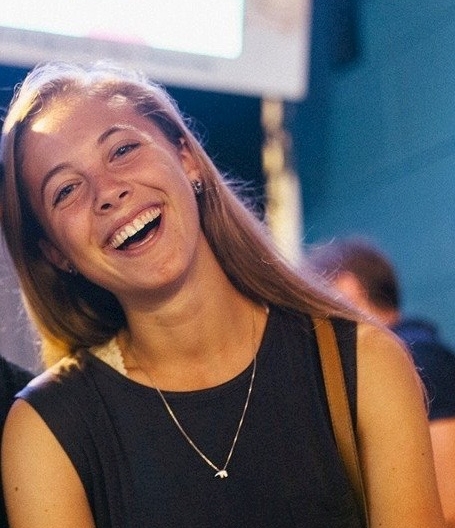By: Charlotte, Student at North Shore Country Day School
Every year our school holds a week of experiential learning where students discover outside of the classroom. I choose to do the Social Entrepreneurship program with Allow Good, where a few of us went into downtown Chicago and spoke with different businesses about how they were helping with a social venture within communities around them or throughout society as a whole. We also learned about the for-profit, nonprofit, and for-profit with social venture spectrum to see where different companies were coming from in their business plan.
By the end of the week, we had heard from about eleven businesses with completely different business plans and social ventures. Out of these my favorites were UNICEF USA, A Better Chicago, and Regroup Therapy.
UNICEF USA is a non-profit organization that works to protect all children (individuals under the age of 18). This presentation allowed me to learn more about the widely known organization, such as different processes they have to go through in order to enter a country to help and how they help the children by working not only on the ground, but also with the governments of countries to help the problem from multiple angles. It was also interesting to see behind-the-scenes aspects of the organization by learning about their funding and about how simple it is for ordinary citizens to help children in need, even if it with the smallest contribution. This presentation made us think about not only helping the communities around us, but also about becoming global citizens as we continued to grow.
A Better Chicago is also a non-profit organization, although it is much smaller than UNICEF USA. A Better Chicago stood out to me because it is a business concept I had never heard of. The company helps improve the education system in the Chicago area by sponsoring different organizations that are helping the community. Their method of doing this is that individuals donate to A Better Chicago and they place the money in areas that will be the most beneficial to the community. They understand that when individuals are donating money they are obviously trying to help a cause, however, these donations are often made without much research on organizations being donated to and the money is not always guaranteed to make as much of a difference as one expected. This is where A Better Chicago comes in as they have already done the research for you! This ensures that everyone is benefitting to the greatest extent with these donations. I also found this business very interesting because of their size; they are so small, yet they are able to make a significant difference.
Regroup Therapy is a company that is helping with psychologists and psychiatrists shortages in areas. The company works with hospitals and/or doctor’s offices to provide sessions for patients through video chat. In doing this, patients are able to speak to someone without having to travel far, which is not an option for many individuals. This service is also available for all ages, which was quite interesting to learn about, as the resource is available for all patients struggling with mental health. It was really fascinating to learn about the company what the company does on a regular basis to ensure this resource is continually available for patients.
At the end of the week, we returned to the classroom where we reflected on the different business plans and companies we had spoken with. We also had the opportunity to create our businesses using the information and business plans we had learned about for the past four days. Creating presentations we answered a variety of questions about how our company would work and also about social entrepreneurship in general. This allowed the group and myself to pay more attention to businesses we encounter on a daily basis and also find a cause we are passionate about and see how we could also begin to help.








